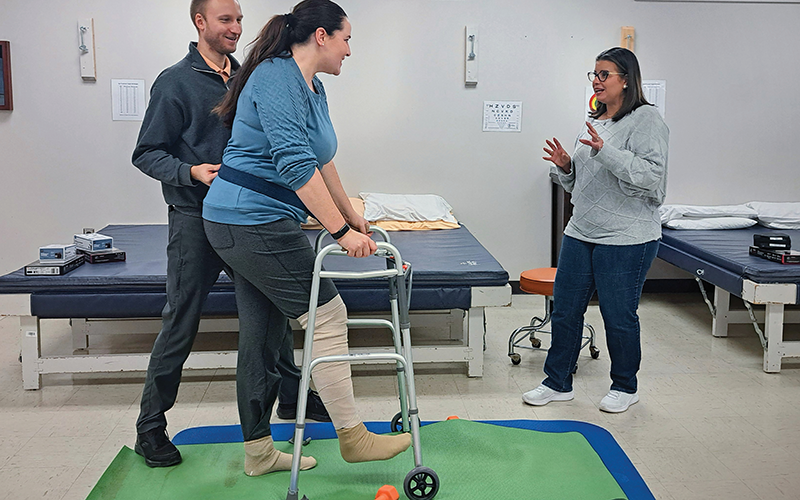
Clear communication is the foundation of effective physical therapy, directly influencing patient safety and outcomes. So what happens when the patient and provider are not proficient in the same language? According to estimates from the U.S. Census Bureau, there are approximately 25 million people with limited English proficiency in this country, and accessing equitable health care remains a formidable challenge for them.